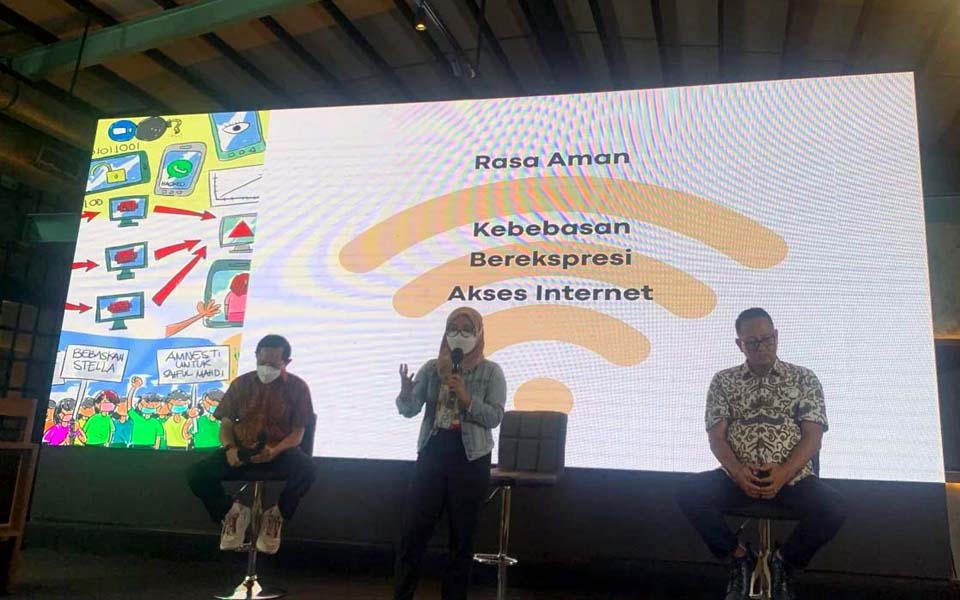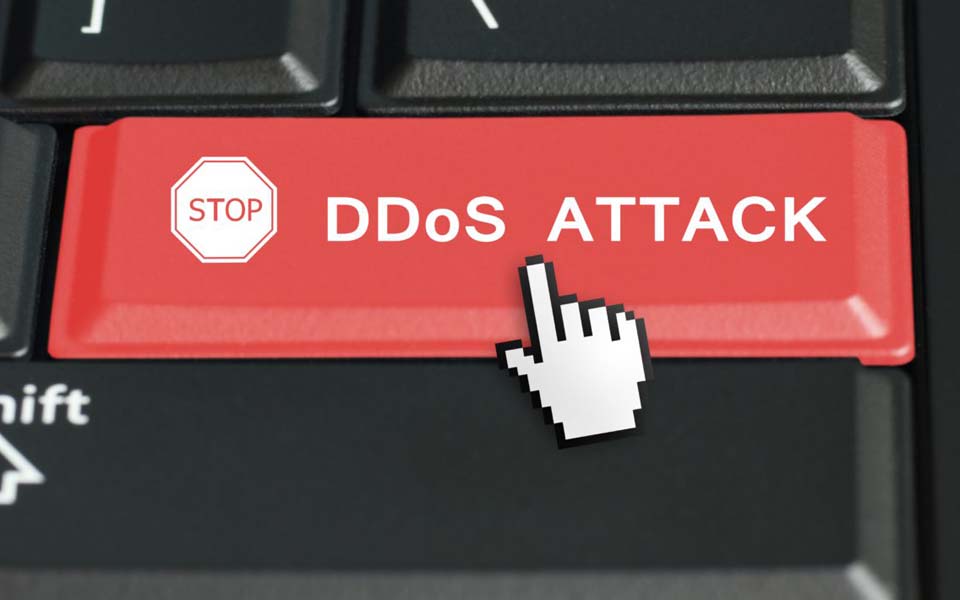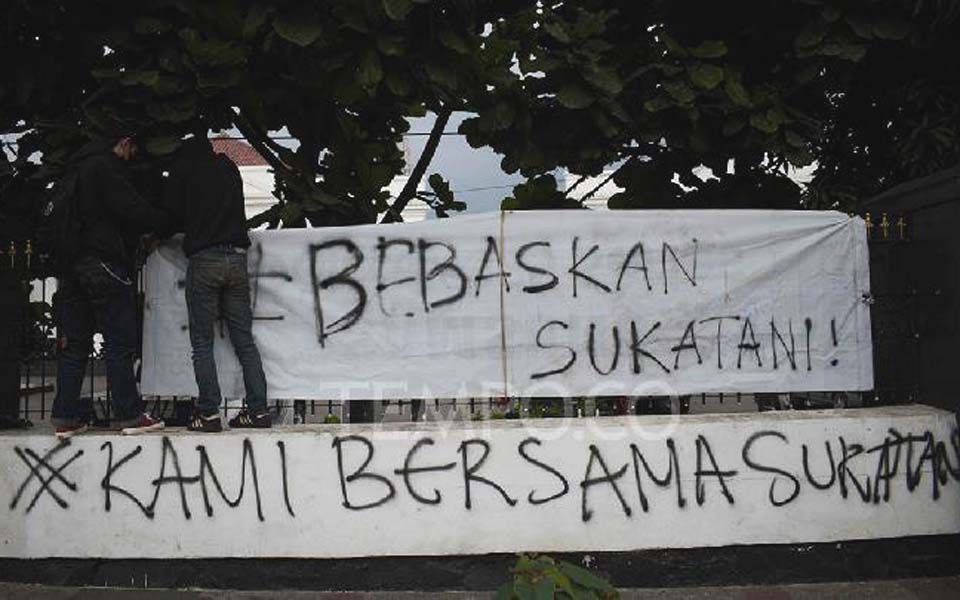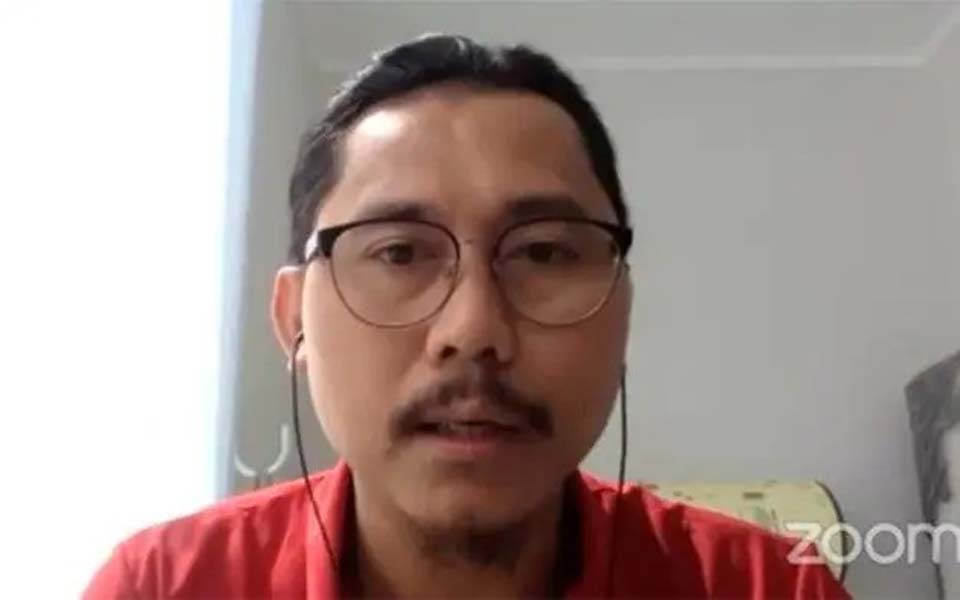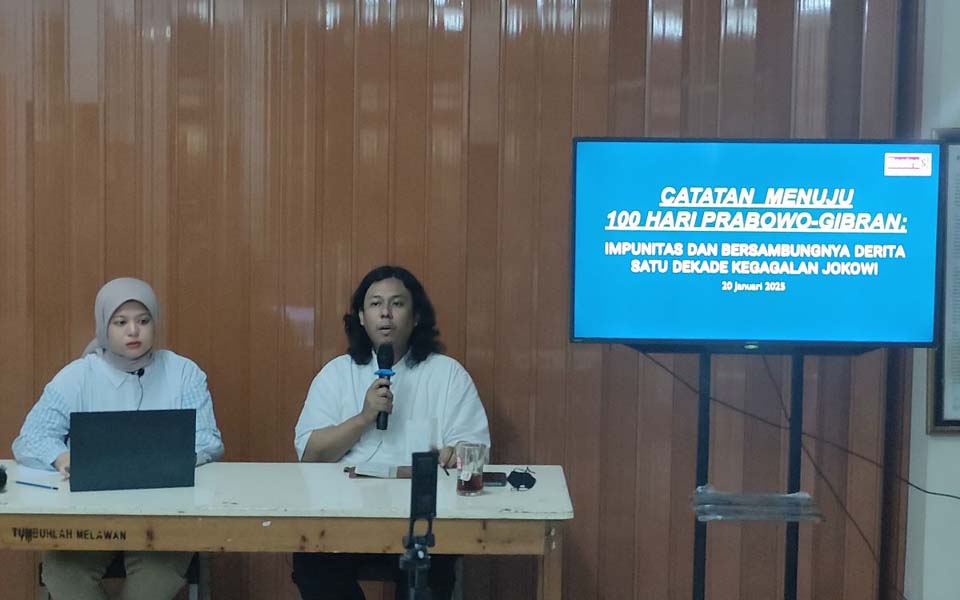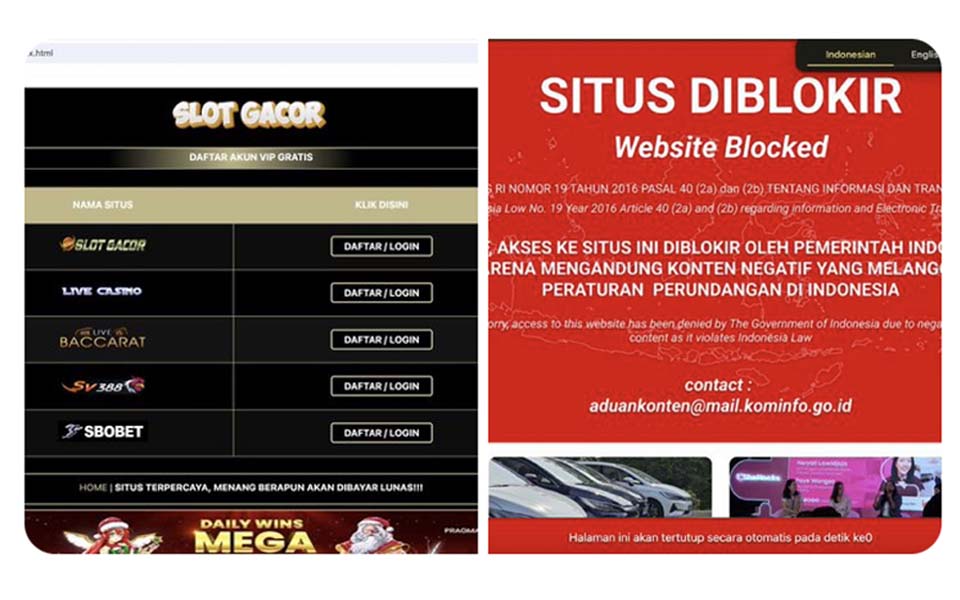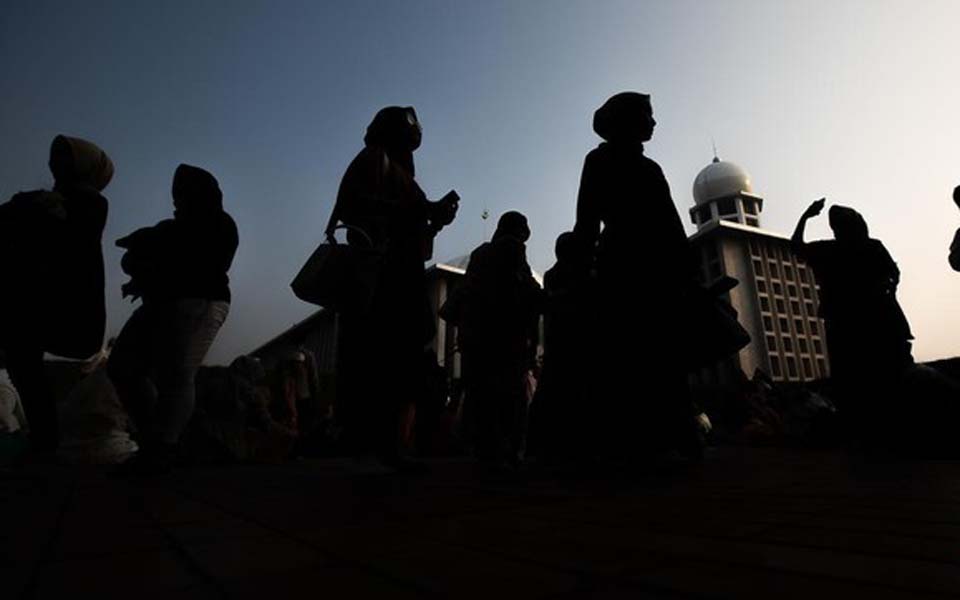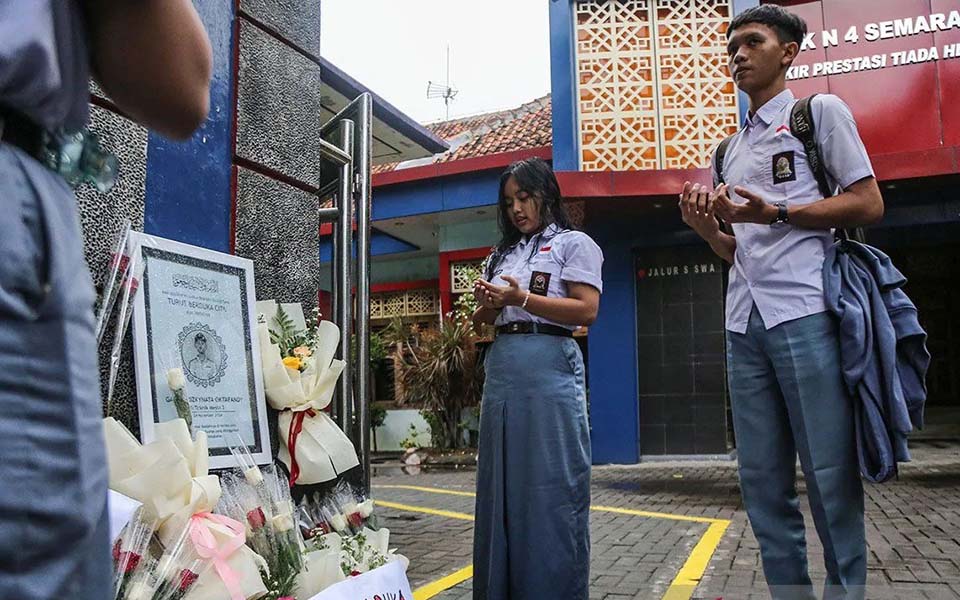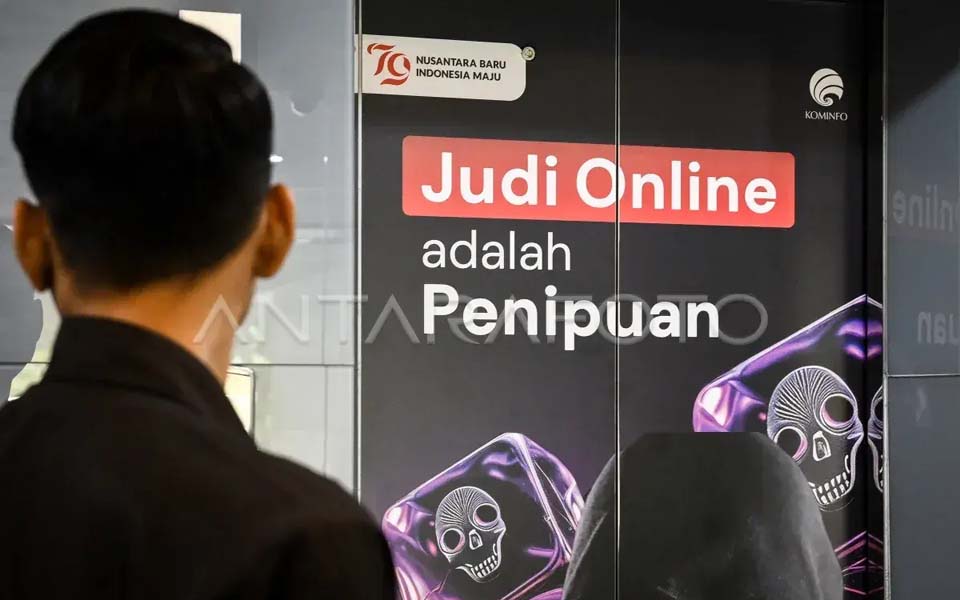Ambaranie Nadia Kemala Movanita, Jakarta – The proposal to give the authority to the National Police to block content and slow down internet access is considered to violate citizens' rights in the digital world.
Southeast Asia Freedom of Expression Network (SAFEnet) Executive Director Nenden Sekar Arum revealed that this authority, which is contained in the Draft Law on the National Police (RUU Polri), will further curb freedom of opinion and expression.
"Then also the right to obtain information, as well as the rights of citizens to privacy, especially those enjoyed on social media and in digital space", said Arum at the Indonesian Legal Aid Foundation (YLBHI) offices in Menteng, Central Jakarta, on Sunday June 2.
According to Arum, the policy has the potential to be used arbitrarily by the police and will makes social activities in cyberspace more restrictive.
The right of citizens to privacy could also potentially be disregarded on the pretext of having the authority, as well as in following the rules in the bill.
"Moreover, we see for example in the RUU Polri there is no indicator of what authorises the police to be able to carry out the process of taking action, blocking or slowing down internet access", said Arum.
Based on this, SAFEnet and a number of organisations that are part of the Civil Society Coalition reject the draft law.
"SAFEnet and friends in the coalition reject the revisions to the National Police Law. Because we know that the revisions to this law will curb freedoms even further", she said.
As reported earlier, it has been proposed that the police will be able to block and slow down access in cyberspace or public internet access on the grounds of domestic security.
This is contained in the revisions to Law Number 2/2002 on the Indonesian National Police which was approved as House of Representatives (DPR) initiative during a plenary meeting on Tuesday May 28.
The draft law was obtained by Kompas.com from the DPR's Legislative Body (Baleg) Deputy Chairperson Achmad Baidowi or Awiek as he is known.
Under the relevant article it also states that the National Police shall coordinate with the Ministry of Information and Technology in order to take action in cyberspace.
However, the article does not explain in further detail about the issue of domestic security such as what requires taking action to terminate, block or restrict internet access.
"Taking action, blocking or terminating, and efforts to slow down cyberspace access for the purpose of domestic security shall [be done by] coordinating with ministries that organise government affairs in the field of communication and information and/or telecommunication service providers", reads Article 16 Paragraph (1) Letter q of the draft law.
[Translated by James Balowski. The original title of the article was "Kewenangan Polri Blokir-Batasi Akses Internet Dianggap Langgar Hak Mendapat Informasi".]





